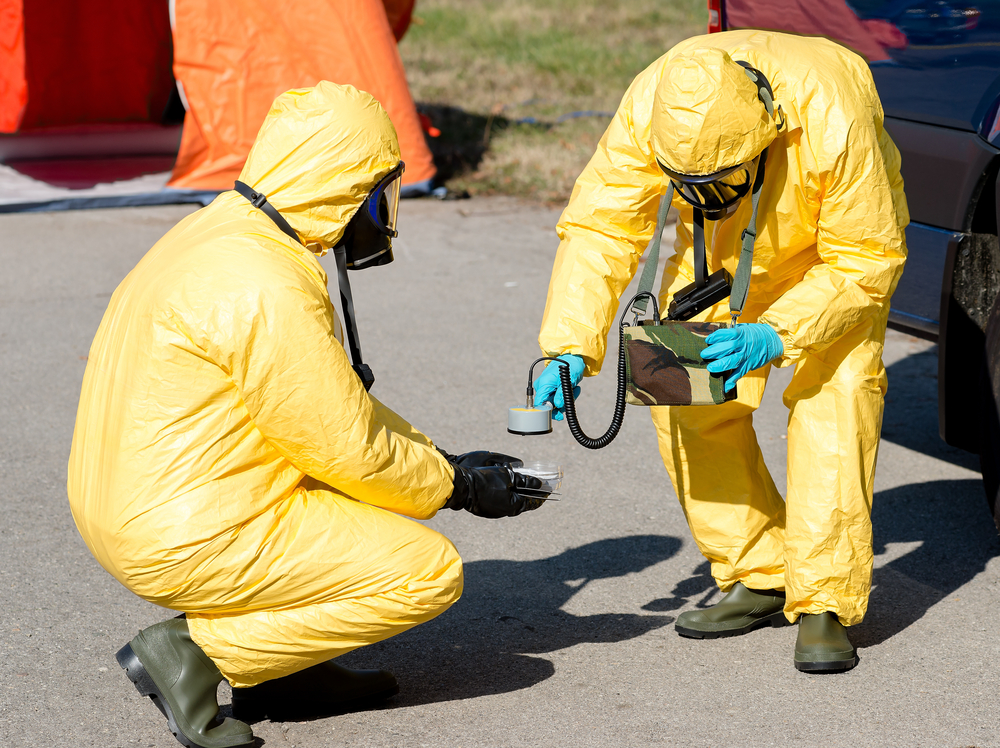
Independent testing of approximately three dozen biodetection products was recently conducted by researchers at the Pacific Northwest National Laboratory (PNNL) in order to evaluate their effectiveness in detecting biothreat agents like anthrax and ricin for first responders.
The independent testing revealed that biological indicator tests like proteins were not sensitive enough and produced a number of false positives with otherwise harmless powders. Immunoassays also demonstrated positive results for the detection of biothreat agents, but were generally better for detecting ricin toxin compared to anthrax. PNNL did not test whether near-neighbor organisms would produce false positives in immunoassays.
In addition, fieldable polymerase chain reaction (PCR) systems, which are typically used for detecting organisms rather than toxins, were found to correctly detect anthrax amounts that were thousands of times lower than the amounts needed in immunoassays. The PCR systems, however, needed between 30-60 minutes for final results. PNNL found that most PCR systems gave no false positives with common powders or near-neighbor organisms.
“Independent testing of field biological detection and analysis equipment has been a major hole in our national bioterrorism response capability and strategy,” David Ladd, independent counterterrorism consultant David Ladd, said. “Validated performance capabilities of this equipment allow us to move forward in building a capability by purchasing and deploying devices that gain acceptance by other stakeholders in the bioterrorism response community.”
PNNL’s findings were recently published in an issue of the journal Health Security.




